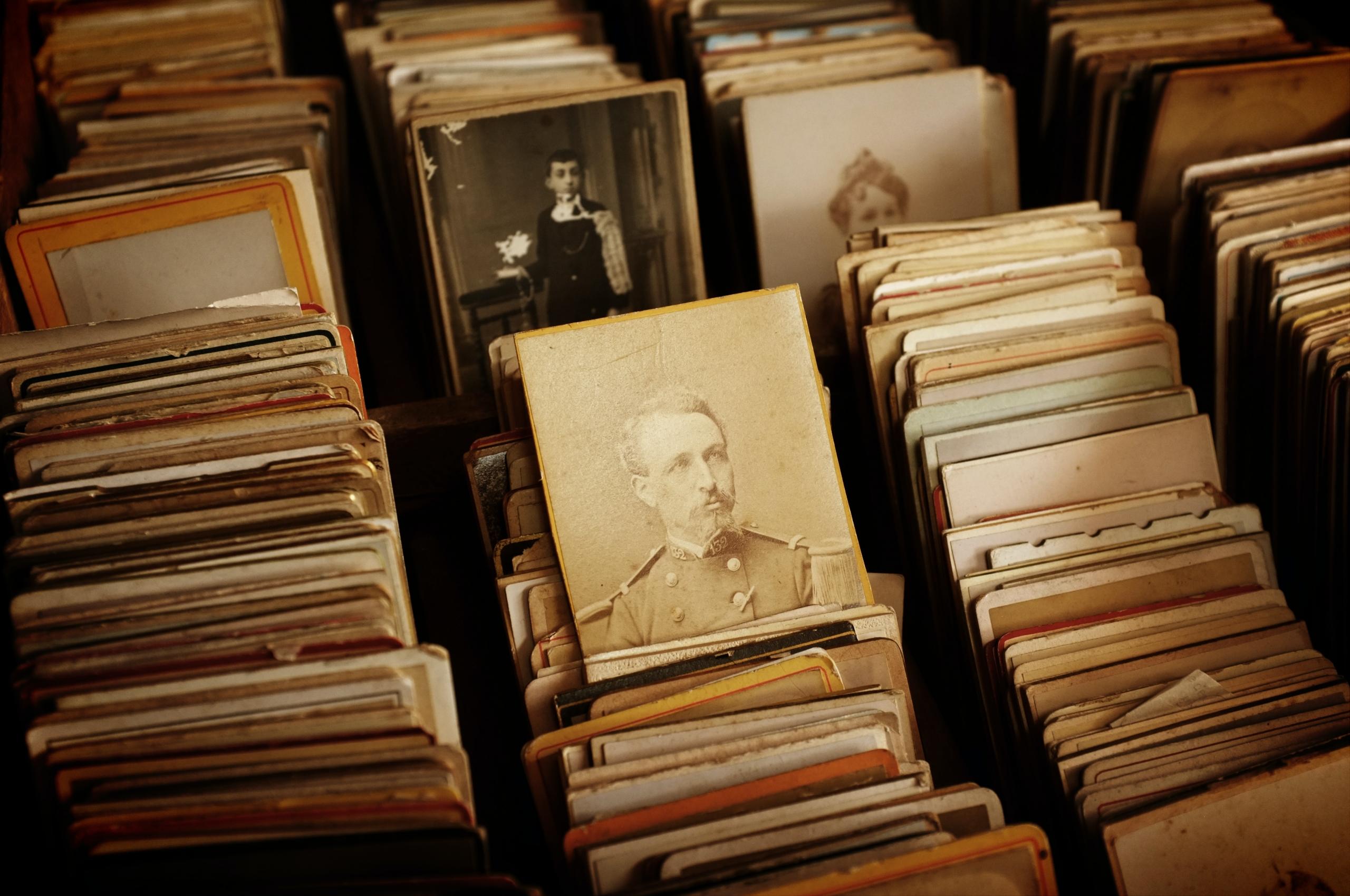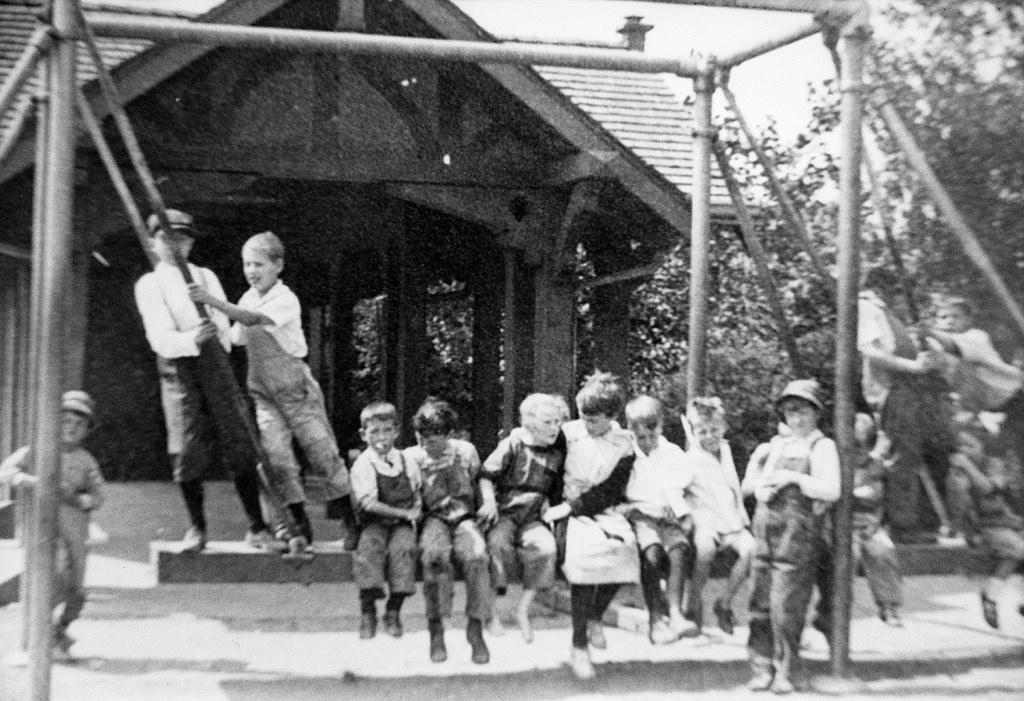Studying history is one of the most rewarding pursuits. History is endlessly fascinating, from the great pyramids of ancient Egypt to the political causes of the world wars. Figures like King Tut, Cleopatra, Caesar, Genghis Khan, and Winston Churchill have inspired generations of students to learn history to understand civilization. There are hundreds of books written about history, as stories of the past easily capture the imagination and compel us to learn more.
While mentioning the word history will often lead one to think of classical history topics, the reality is that historical study is broad and diverse. History is interdisciplinary, touching upon nearly every topic and art form. There is art history, food history, the history of dance, the history of music, business history, history of science, and a history for every cultural community in the world. You could focus on the evolution of a single object throughout time - such as a book - and find yourself going deep into a study of publishing and writing from the earliest time. Whatever topic interests you, there is surely an entire historical narrative that goes with it.
As a field of study, history is a constantly growing field with new events, perspectives, and methodologies being added every day. For example, consider Canadian history. For years it was studied as a narrative that began with the arrival of European explorers and colonizers. It has since evolved to bring in less dominant perspectives: the views of Indigenous communities, non-European cultural groups, and other communities that have long been left out of the nation's story. Scholars and writers can find new areas of interest to research and write about daily.
Students that choose to pursue a degree or postsecondary program in history understand that they are engaging in a journey of learning that will be rich and fascinating. They may also be wondering what their career prospects are like.
This article is all about understanding how to build a career as an educator in history. We will also explore other pathways that are available to learners, such as law school or work in government and the social sciences. Let's start by taking a closer look at why learning history is so important.
Though teaching certainly has its stressors, it is a challenging and dynamic role. As a teacher, you. receive all the rewards of working with children and teenagers, helping them to develop the knowledge and skills it takes to survive in the real world.

Why is Learning History Important and Worthwhile?
History is not exactly known as a program that will lead directly to the workforce. When you are considering whether or not to study history for practical reasons, it is important you adjust your mindset to remember that learning is not simply about finding a job. Learning any subject in the liberal arts, including English literature, languages, Geography, Women's Studies, or Drama is an exercise in building your knowledge and general skillset. Any, if not all of these programs will make you eligible to apply for further studies in professional areas such as education, law, or administration. The main thing to remember is that your goal is to complete a degree: preferably in something you enjoy and where you will produce your best work.
It is worthwhile to learn history because you will develop valuable and sophisticated reading, research and communication skills that are transferable to a number of practical scenarios. For example, many history majors choose to apply to law school after an undergraduate degree, where they adapt their foundation of learning and skills into the field of law. Other history majors choose to follow a career in education, where they can actually teach history to young people and share the knowledge they have acquired about the subject. Here is a list of other careers one can pursue with a background in history.
- Tour Guide
- Journalist
- Gallery Manager
- Museum Curator
- Writer
- Librarian
- Archaeologist
- Curator
- Historian
- Business

The Best Reasons to Become a History Educator
Teaching is one of the best professions to enter with a history degree in hand. Let's take a look at the best reasons to become a history educator.
Use Your History Knowledge
It is not uncommon for students to complain that they do not use the knowledge they have acquired in university in their jobs, but you will not be making that complaint as a history educator. As a teacher of history, you will be sharing the knowledge you have immediately with your student, connecting your learning to the curriculum you are teaching. This will be particularly true if you have learned the history of Canada, as it forms the history curriculum of every province.
Studying history is seen often as a pursuit of passion because it doesn't lead to a specific job like doctor or engineer. If ideas like these have made you question a pursuit of history, you may be pleased to know that history students have plenty of career options.
Teaching is Rewarding and Fun
It is no secret that teaching can be hard work, between managing student behaviour, planning lessons, and evaluating student work. However, it should also be known that history is incredibly rewarding and fun: there is nothing quite like seeing young people grow in their learning and become better writers and readers under your tutelage. As a teacher, you can also flex your creative muscles in the lessons that you design. You can present information in interesting ways, getting students excited and possibly even inspired to pursue a study of history themselves.
Teaching is a Job with Fantastic Benefits
Teachers often get a bad rep for having "summers off" - but let's face it, it is one of the top perks of the job! What other career will give you months off at a time that you can use to travel, spend valuable time with your family, or simply read and practice hobbies and interests. Teaching also is a field where you will be typically be earning an above average salary, contributing to a great pension plan, and receiving good health benefits.
You Can Teach more than just History
Your role as a teacher does not have to be limited to your undergraduate degree. In fact, you may find it to be a rich experience to teach other subjects that reflect your interests, such as English literature, Art, or Physical Education. As a teacher of multiple subjects, you will never be bored, and you can certainly change your teaching package as you grow in your career. Many teachers of special education, guidance, and English as a Second Language start their careers as subject teachers, and find career growth in other areas. Every year of teaching can be exciting and fun!
Teaching history is one of the most important components of education. As a teacher of history, you are passing down cultural knowledge from one generation to the next, helping to build a sense of collective identity and understanding about the world.
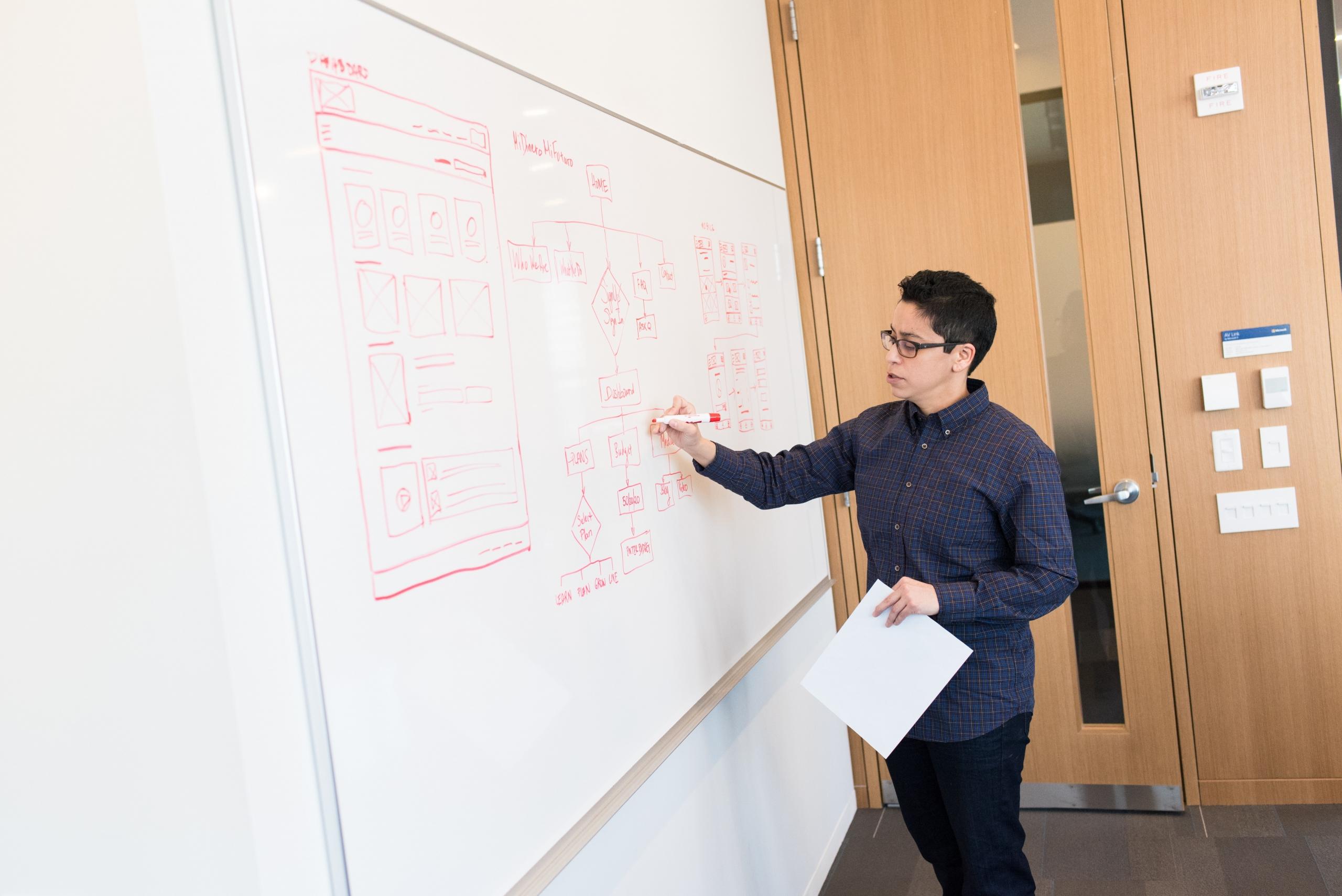
Where Can I Teach the Lessons of History Outside of a School?
History educators are not restricted to working in public education and schools. In fact, you can teach history in so many other contexts: museums, galleries, tourist sites, and community libraries are alternative spaces you can work without feeling the stress of managing a classroom full of children and teens every day.
Some history grads choose to work in museums, where they might do the work of curating exhibits, encouraging membership, teaching history to students on field trips, or holding interactive workshops about topics of interest to the community. Another option is to work in parks and recreation as a caretaker or staff member at a historical site or cultural attraction such as a park or historic building. In this role, you can focus your energy on maintaining quality programming for visitors, sharing local history, and supporting the community.
Another space you can teach history is through virtual classrooms. There is an increasing amount of interest in people that want to learn the history of their home cultures, and if you have any interest or expertise in cultural history you could certainly design a course online or volunteer to share your knowledge at a community cultural centre. This is an excellent topic to combine with heritage language learning.
In any case, be creative when it comes to using your history major in a practical context. You will find plenty of opportunities once you do the right research and connect with others.
History is important in so many different ways. As a society, we need to document and understand our history so we can better understand our world. But what skills will you need to succeed in the subject?
Teaching History in a University
Becoming a university instructor in history may seem like a dream job, and it certainly is for anyone who wants to take their studies to the highest level. As a university professor, you will have an opportunity to teach not just history but the areas that you are most passionate about, all while contributing to the body of research in the field. As a history professor, you will teach the next generation of advanced history learners, helping them to earn their degrees. You may even be able to design a course or become a leader in your department!
Here are a list of some history courses that are taught in Canadian universities:
- Imperialism and Nationalism in Modern Asia
- North America from the Last Ice Age to European Contact
- Gladiators, Gods, Gigolos and Goths: Reading Roman Society
- Medieval and Early Modern Europe
- Latin America: The Colonial Period
- History of Africa
- Revolutions in the Stars: Science in the Age of Galileo
- Canadian History
- United States History
- Technology in the Modern World
- Global Indigenous History
- Sport and Society in Ancient Greece
- Egypt from Alexander to Cleopatra
- Women and Gender in Ancient Greece and Rome

How to Become a History Educator
Becoming a history educator takes a number of steps. The first step involves finishing your secondary school diploma and gaining admission into an accredited university. If you are interested in becoming a history teacher specifically, you will want to become a secondary school teacher. Depending on the province you live in, you will need a history major plus a major in an additional teachable subject such as English, Art, Geography, or Science.
With two teachable subjects, you can then apply for teacher's college after you complete your degree. In a faculty of education, you will earn your bachelor of education, or a graduate degree should you choose to do so. If you see yourself working with younger children, rest assured that you will be able to teach history as an elementary teacher. You may, however, have to teach a slew of other subjects in addition to history or social studies.
Once you have your teaching degree, you can apply for licensure from your provincial governing body. From there, you can start applying to local school boards for jobs.
You might be surprised to know that history is one of the most important disciplines one can learn, and that the skills acquired through a history program can be applied in a number of professions. So what can you do with a history degree other than be a “history buff”?
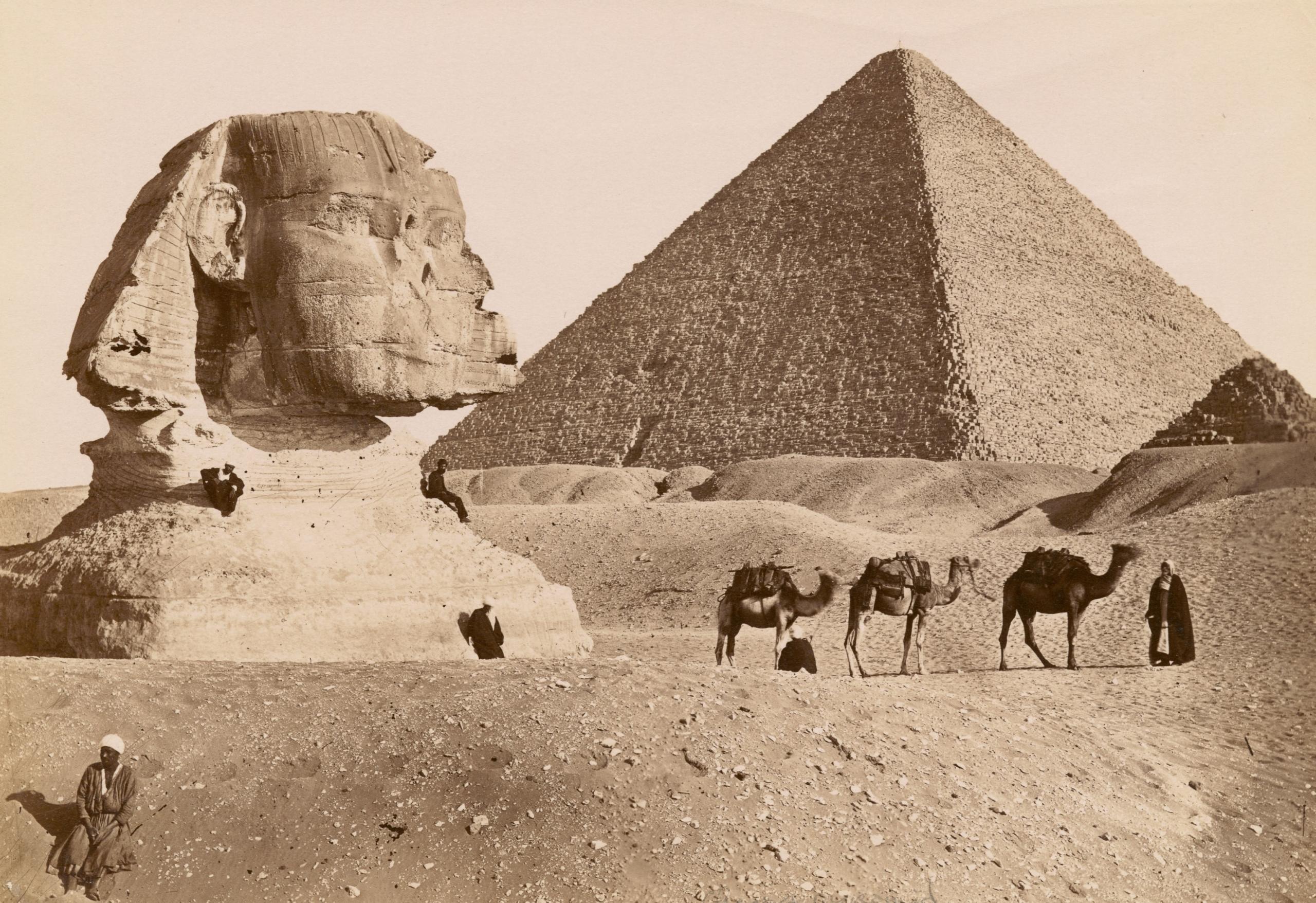
Becoming a History Professor
Becoming a history professor will mean taking a slightly different pathway through graduate school. After finishing your undergraduate degree in history, you can apply for a Master's degree in history or an area of specialization, such as East Asian Studies, Women's Studies, or South Asian Studies. With a master's degree, you can then apply for a PhD or doctorate program. In your doctorate program, you will be expected to write and defend a dissertation based on your research interests throughout your program.
Once you earn your PhD, you can start applying for instructor or professor positions at different universities. You may also opt to take a job outside of academia, in an organization like a museum or government.
Other Learning Pathways
Other programs you might want to consider after you complete an undergraduate program are graduate programs in library sciences or museum studies. As a student in either of these programs, you can work in a public arts institution or community library, where your work will continue to be related to education and teaching.
What Kinds of History Lessons Can I Teach?
They type of history lessons you can teach is literally endless. The first thing to consider is the curriculum you are responsible for teaching, particularly if you work in a public school system. From there, you can start having fun! While there are a variety of approaches you can take to teaching history, many teachers find it helpful to have a core text, such as articles or a textbook, to anchor their instruction. Having a text is also useful to help students practice their reading comprehension skills. If you are an elementary teacher with the responsibility of teaching English Language arts, this is a great way to get some additional assessments in. In this traditional format, the teacher can guide students through the text, ask specific questions, and then provide a follow up activity for students to apply their learning.
You will want to augment this type of instruction with experiential learning as well, because this will bring history to life for your students. Schedule field trips to historical sites, where students can see first hand where the history they are learning took place. If possible, take students to museums and galleries as well, where they can explore historical artifacts and exhibits related to their learning. These experiences also have helpful guides and instructors that will bring their perspectives and knowledge to your teaching as well.
Finally, take advantage of the wide range of media resources available for teaching history. Documentaries, reenactments, short films and explainer videos are amazing ways to help students get a more fulsome understanding of history. Be creative, and get students moving around, discussing, and collaborating over different inquiries.

Inquiry Based Learning
Inquiry based learning is an increasingly popular method used by history teachers in Canada. It involves teaching kids historical thinking, methods and research skills and providing them to apply their skills to a topic of their choosing. Learners can use the broad range of book and digital resources available to them, and use them to gather information. It is also important to teach students how to use critical information to discern reliable from unreliable resources. These are all skills that students can bring into other classes and careers.
The outcomes of inquiry based learning are diverse. Students can show their learning through presentations, media products, such as building a website.
How does Society Benefit from Learning from History?
Society largely benefits from learning history as the stories and narratives of the past help us to better understand the world we live in. As a society, we need to record and share our history so we can pass on values and examine them critically. The stories of the past are an essential part of our cultural legacy, and sharing the stories of our ancestors helps to affirm our sense of self and collective identity.

What are some Other Ways to Learn History?
History does not have to be a formal pursuit at all, and if going to school isn’t your thing you can certainly learn history without it. Many Indigenous cultures passed down history through generations through the oral traditions, showing that you don’t need a program or a course to be well versed in the past.
Visit a Museum
Museums are fantastic, interactive venues where you can immerse yourself in historical artifacts. Best of all, you will find plenty of museums close to home that explore the history of the town or community. Museums like the National History Museum in Ottawa, or the Museum of Human Rights in Winnipeg are excellent places to learn.
Do a Guided Historical Tour
Cities, particularly those with an ancient past, are living museums with history in every corner. In many cases, you can find a guide who will take you through some of the most fascinating aspects of a city’s history. Visit cities like London, Istanbul, Mexico City and Rome, for history tours.
Read a Book
Why not go the old fashioned way and find a great history book from your favourite bookstore or local library? Pull a stack of books on a subject and have fun exploring the chapters you are interested in most.
Learn with an Elder
Family elders or community members have so many lived experiences to share about local or your own family’s or community's history. Ask questions about the past from these valuable resources to get a first hand account of anything from world wars to cultural movements of years gone by.
Another option for teaching and learning history is to find a private tutor or become a history tutor for students already engaged in learning the subject.
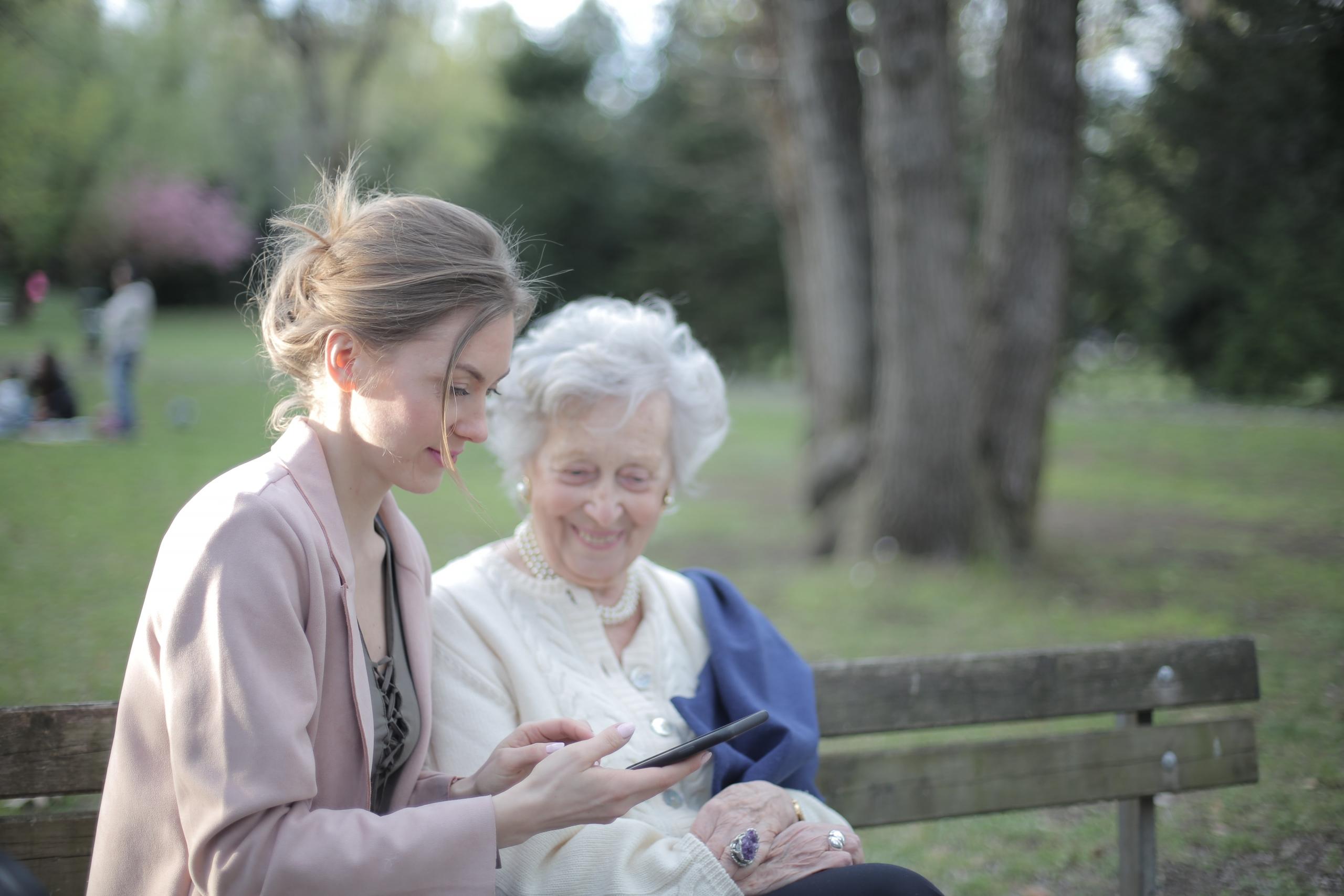
What does a History Tutor do?
A history tutor leverages their expertise and knowledge in the subject to help others learn the topic. If you specialize in a unique area, you may even find students who are also interested and want to learn from you. History tutors may also work with students who need help with school, possibly even in other subjects like math or English. A tutor can help students prepare for tests, review new content, or provide feedback on planning essays and research papers.
How Do I Find History Tutor Jobs?
Finding history tutor jobs is easy with Superprof Canada. You can use the site to post your teacher or tutor profile, sharing your background: qualifications, areas of expertise, and the ways you can help students (writing paper, exam preparation, or ongoing study). Can you help students in multiple subject areas? Be sure to share that information as it may give you more leads.
When your profile is up, students or their families can find you and contact you to see if your availability works with their needs. Potential clients can message you through the site so you don’t have to share your private contact information. The site is even set up for secure payment.
Become a Superprof tutor today!
Summarize with AI:

